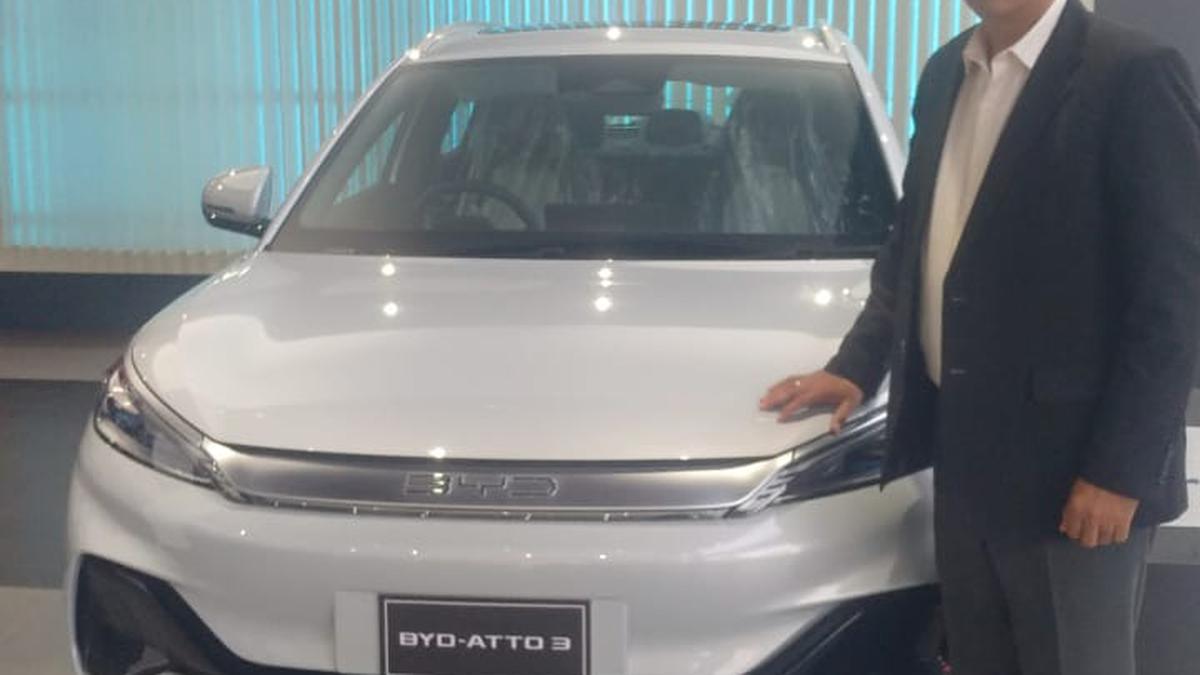BYD India Senior Vice President, Electric Passenger Vehicle, Sanjay Gopalakrishnan hopes that EV sales volume in India during 2024 would witness a 40% growth against 95% in 2023 due to a low base.
Chinese electric carmaker BYD’s Seal sedan, which competes with Tesla Model 3 globally, is all set to be unveiled in the Indian market on March 5, said a top official.
“It is already creating a buzz as it competes with Tesla Model 3 globally. We are launching it ahead of them. However, we are not sure whether we have any equivalent electric sedan car in India in the premium category as of now,” said BYD India, Senior Vice President, Electric Passenger Vehicle, Sanjay Gopalakrishnan in an interview.
It is the third offering by BYD in India — Atto 3 (Sport Utility Vehicle) and e6 (Multi-Utility Vehicle) and Seal (Sedan). The booking will start on March 5 and delivery by March/April.
“Compared with Tesla Model 3, it has more advanced technology and will offer a superior range of 580 km and has superior blade battery and cell-to-body technology. We will import the EV as a completely built unit from China. Our first priority is to establish brand pull and image in the EV space, maintain premiumness and luxury and stabilise the products,” he said.
Mentioning that they were selling reasonable numbers of SUVs and MUVs in India, he said BYD India can think of having its own assembly lines, once it reaches the right numbers.
According to him, the carmaker has 24 outlets in Tier-1 and 2 cities and more will be opened soon to cover big markets and towns.
“The EV car penetration in Chennai and Coimbatore is slower compared to Mumbai, New Delhi, Hyderabad, Bengaluru and Kerala due to cosmopolitan climate, large presence of MNCs, IT firms and huge population of traders and businessmen alike. So, we have to open more cities,” he said.
Mr. Gopalakrishnan said that EV market in India has grown by 95% in 2023 against 2022 because of lower base and it was expected to grow by 40% in 2024.
Asserting that both Internal Combustion Engine (ICE) vehicles and EVs would continue to co-exist for years to come, he said: “The Centre has projected EV penetration of 30% by 2030. Assuming it would be 20%, it would translate into 12 lakh units out of the total 60 lakh passenger vehicle sales.”







